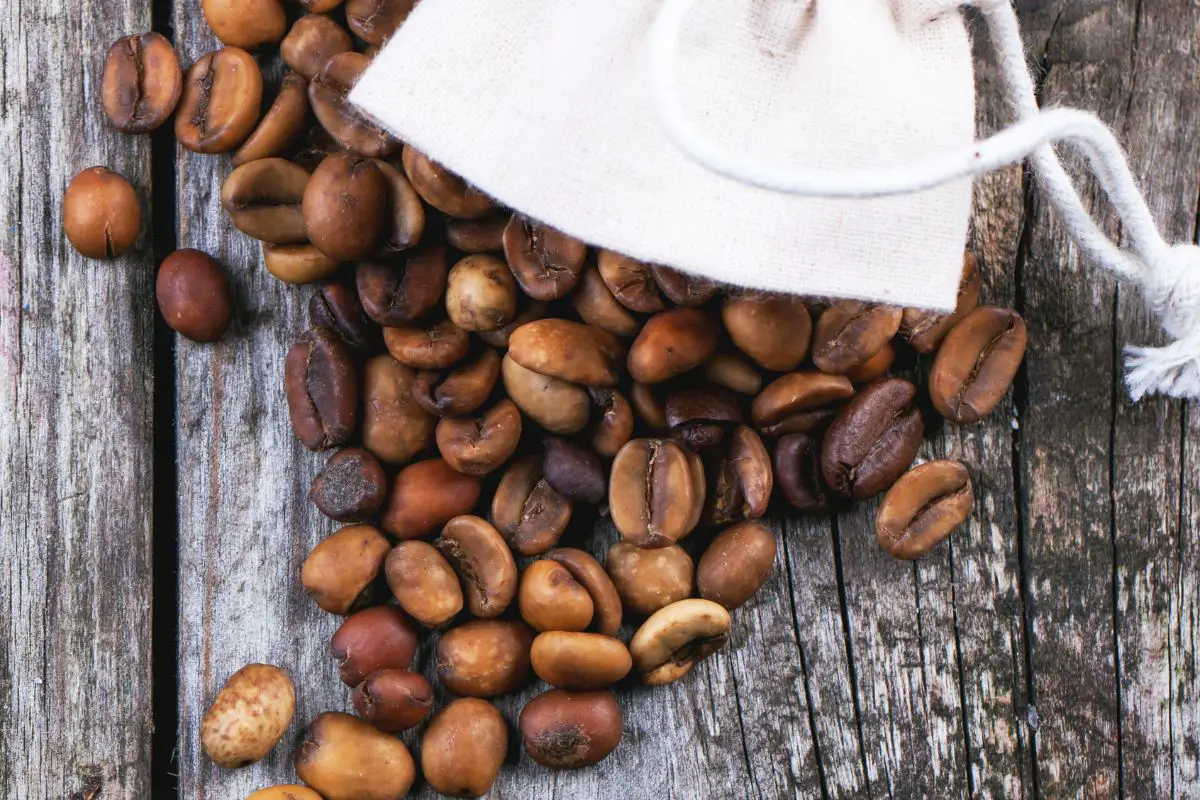Although there’re many types of beverages available today, coffee is among the most loved beverages globally. Most coffee lovers drink it to enhance their energy levels and mental alertness, thanks to its rich caffeine content. However, some people avoid taking caffeine due to intolerance towards it.

If you want to reduce your caffeine intake or you’re sensitive to coffee, you can choose decaf (decaffeinated) coffee as the best alternative. That way, you can enjoy drinking coffee without consuming a lot of caffeine. In this article, you’ll learn how decaf is prepared and its caffeine content.
Decaf Coffee Explained
It’s worth noting that decaf coffee isn’t entirely caffeine-free. Some regulations require decaf coffee to have not more than 0.1 percent of caffeine. Comparisons between decaf coffee and regular brewed coffee indicate that decaf coffee has 97 percent of caffeine eliminated.
For instance, an average 354 ml (12 ounces) regular coffee serving contains 180 milligrams of caffeine. A similar serving of decaf coffee contains approximately 5.4 milligrams of caffeine.
However, the amount of caffeine in decaf is dependent on the decaffeination method and the variety of coffee beans used.
Decaffeination is done using methods such as carbon dioxide, water, or organic solvents. In these methods, unroasted beans are steamed or soaked until their pores open for caffeine to be dissolved and extracted.
Here’s how each decaffeination method works:
- Carbon dioxide decaffeination
The carbon dioxide method eliminates coffee using carbon dioxide. Carbon dioxide is naturally present in coffee beans. In this method, caffeine is removed while keeping other flavors intact. Although this decaffeination method is expensive, it’s highly efficient.
- Solvent-based decaffeination
In this method, water, methylene chloride, and ethyl acetate are mixed to form a solvent. The solvent extracts caffeine from coffee beans. The coffee beans won’t have any chemical remnants since the solvent evaporates.
- Swiss water decaffeination
It’s an organic technique of extracting caffeine from coffee beans. In this method, caffeine is extracted through osmosis. With this method, there’s a guarantee of eliminating 99.9 percent of caffeine from coffee beans.
Overall, the kind of roast you’ll buy will determine the flavor of your brew to a greater extent than the method used in decaffeination.
Unfortunately, decaffeination alters the taste and smell of coffee. It results in a different colored brew with a milder coffee flavor.
Caffeine Content in Decaffeinated Coffee
The amount of caffeine in decaffeinated coffee mostly depends on the type of brew. Research shows that almost all decaf brews contain some caffeine.
On average, a decaf serving of 236 milliliters (8-ounce) contains about 7 milligrams of caffeine. On the other hand, a single serving of regular brew contains about 70 to 140 milligrams of caffeine.
Although 7 milligrams of coffee might seem low, it’s still a concern for anyone who’s under strict instructions to reduce their caffeine intake as a result of caffeine sensitivity, anxiety disorders, kidney disease, or other health conditions.
If you’re intolerant to caffeine, even consuming the smallest amount of caffeine can elevate issues such as blood pressure, heart rate, agitation, and anxiety.
Existing research indicates that consuming 5 to 10 full cups of decaffeinated coffee can amount to the caffeine content in 1 to 2 full cups of caffeinated coffee. Thus, anyone who’s avoiding caffeine needs to be careful when taking decaf coffee.
Caffeine Content in Coffees from Popular Coffee Chains
Upon analyzing 473 milliliters (16 ounces) of drip decaffeinated coffee from popular coffee houses, one study found that they contained about 8.6 to 13.9 milligrams of caffeine. The average caffeine content per 473 milliliters (16 ounces) cup was 9.4 milligrams. On the other hand, a similar serving of regular brew contains about 188 milligrams of caffeine.
The study also compared the caffeine content of decaf espresso and regular brew. They found that decaf espresso had a caffeine content of 3 to 15.8 milligrams per shot. On the other hand, decaf coffee contained 12 to 13.4 milligrams of caffeine in a serving of 473 milliliters (16-ounce).
Although decaf coffee contains a lower amount of caffeine than regularly brewed coffee, it’s not entirely free of caffeine.
Related Articles
Does Decaf Coffee Dehydrate You?